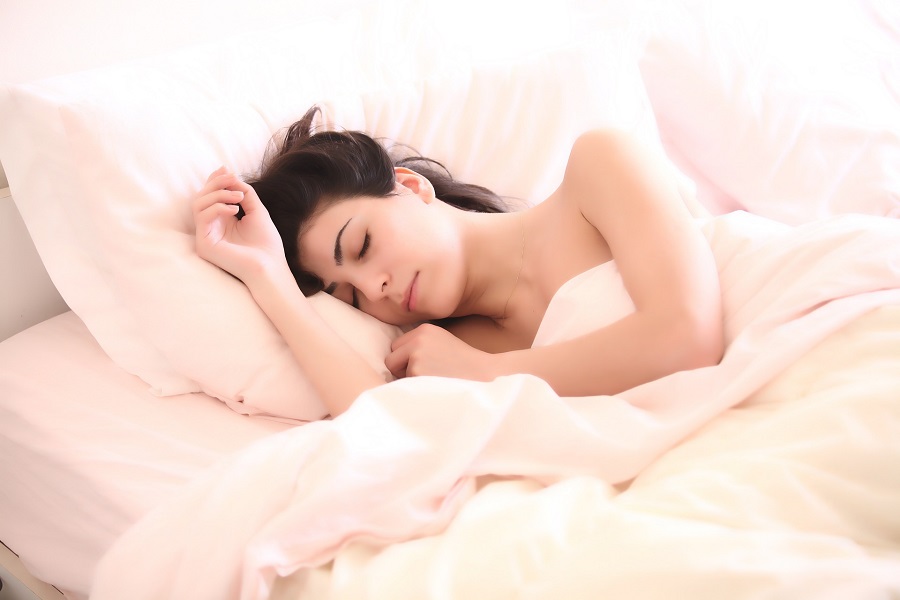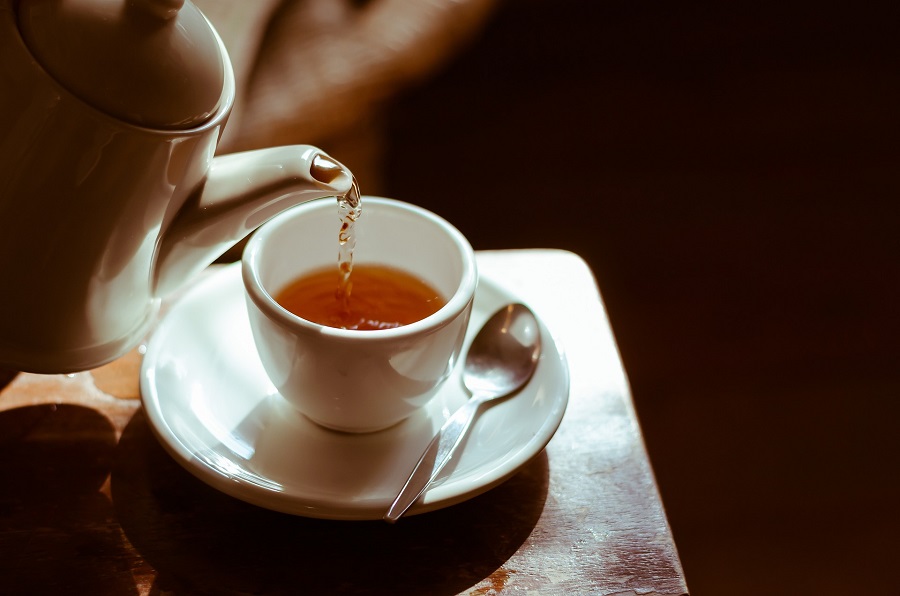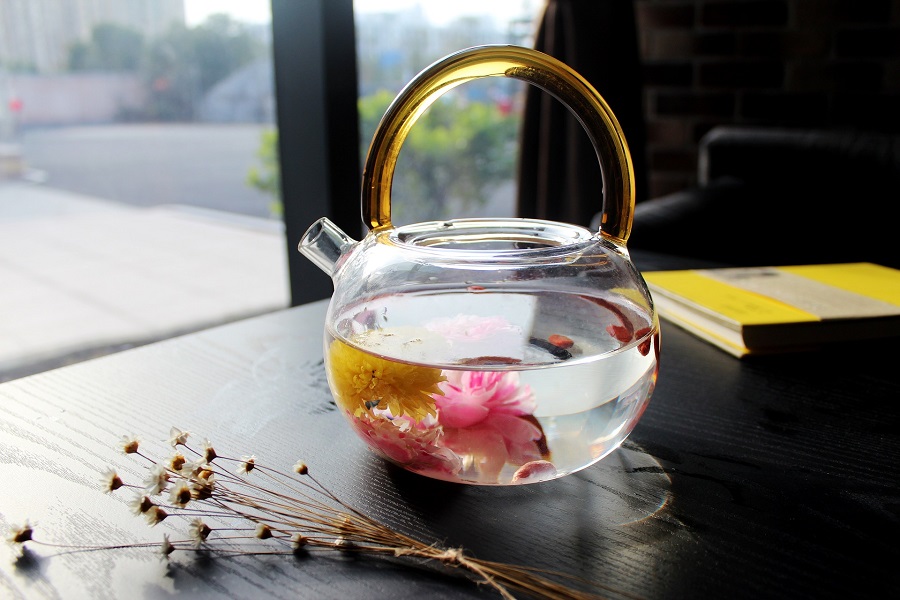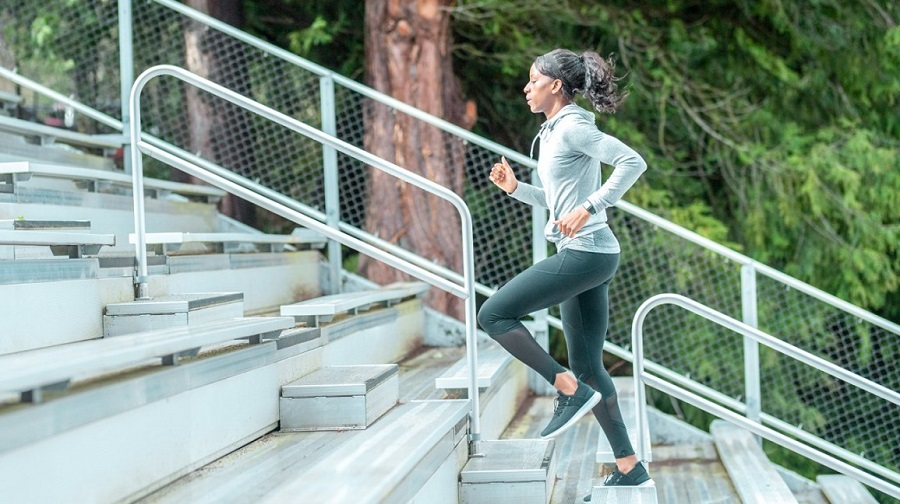Tips to sleep better at night
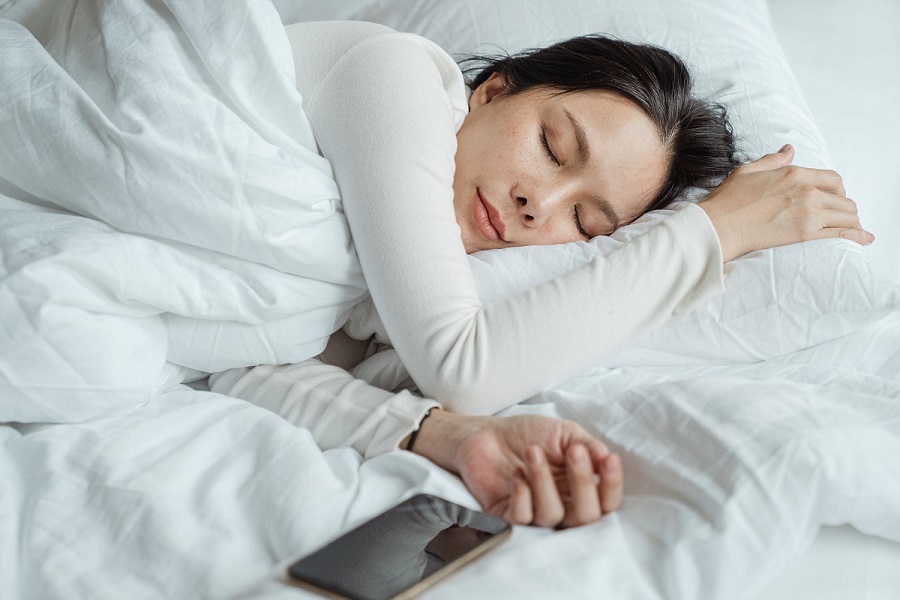
Quality sleep is essential to our physical and mental health. However, research shows that a big percentage of people have sleeping problems and tend to feel sleepy during the day. Though there is a wide range of reasons for these sleeping problems, you can start with some basic changes and try to create healthier sleeping habits, also called sleep hygiene.
Create a sleep-inducing environment
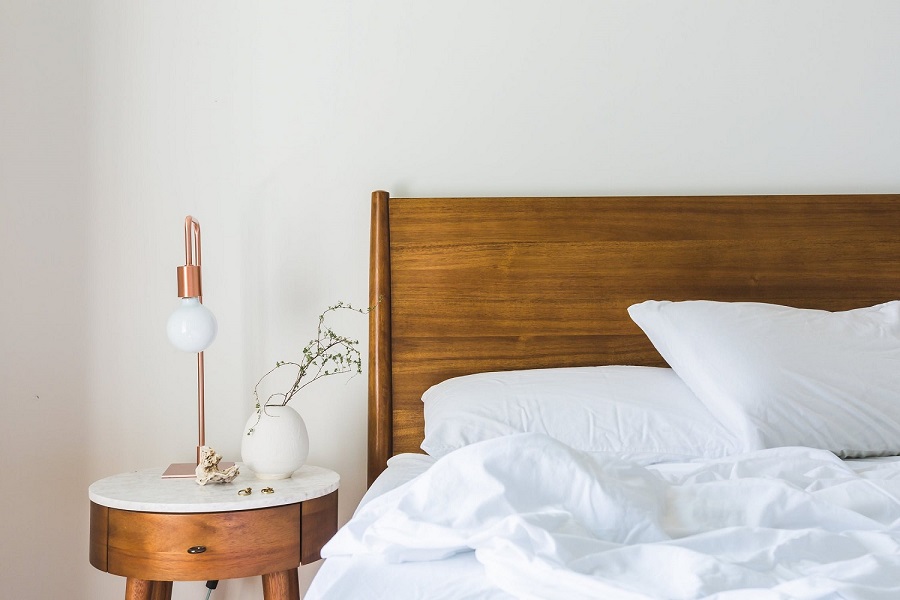
Choose quality mattress and pillow: Many people believe that a quality mattress and pillow is vital to making sure you have a comfortable place to relax. What’s more, they’ll also ensure that your spine is supported the right way.
Keep the temperature comfortable: Feeling too hot or too cold will prevent you from falling asleep. The ideal temperature is around 20°C, but this figure could vary based on the individual.
Stay away from light before bed: It’s important to avoid light exposure, especially blue light from electronics before bed, as the light will throw off your sleep and circadian rhythm.
Make sure the environment is peaceful and quiet: Noise is the key factor that bothers you when you want to sleep. Try to get rid of the noise, or consider using a white noise machine if you can’t.
Optimize your sleep schedule
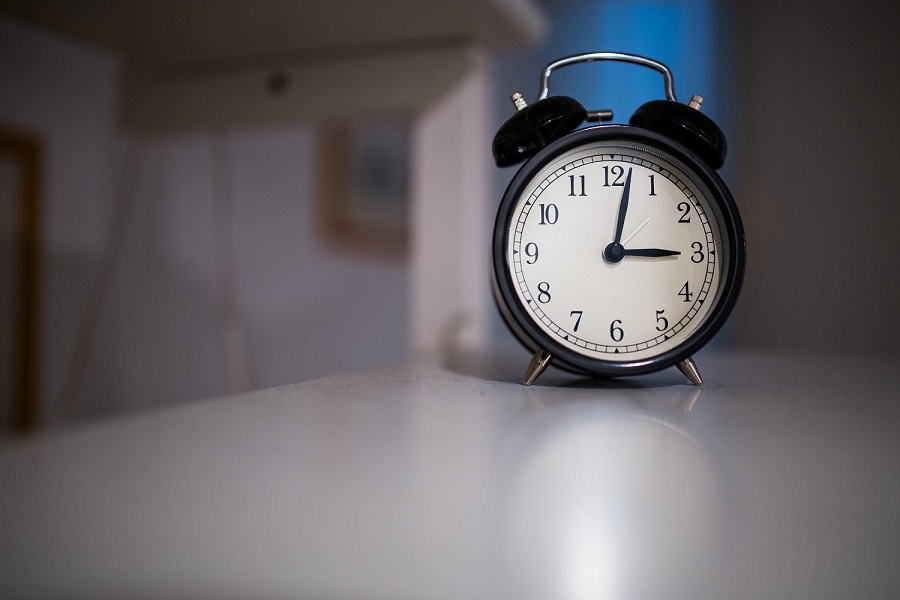
Fix your sleep time and wake-up time: Sleeping and waking up at a fixed time can help your body form a healthy sleep routine. Even on weekends or other days that you are tempted to sleep in, you’d better stick to the schedule.
Be careful with naps: It is tempting to sleep during the day if you have poor sleep at night. But napping for too long can throw off your sleep schedule and make it harder for you to fall asleep when you want to. If you insist, don’t nap for more than 30 minutes.
Form good habits during the day

Get exposed to the light of day: Our internal clock forms by exposure to light during the day. Just get outside or artificial light, and you’ll have a normal circadian rhythm.
Be careful of caffeine: Caffeinated drinks like coffee, tea, and some popular beverages can make you sleepless, so avoid caffeine intake, especially when you find it hard for you to fall asleep.
Don’t eat too late: Being hungry or eating too much can be a disruption to your sleep. Avoid late dinners or a large amount of food before bed. If you craze an evening snack, choose something light and healthy.







